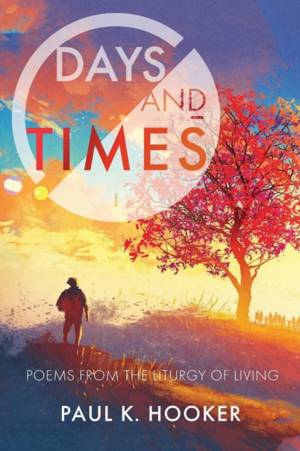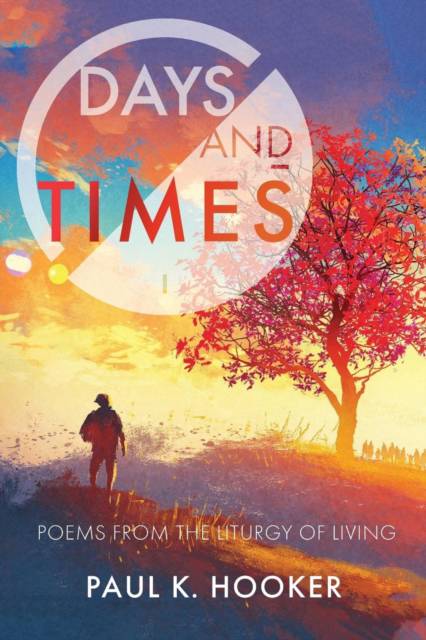
- Retrait gratuit dans votre magasin Club
- 7.000.000 titres dans notre catalogue
- Payer en toute sécurité
- Toujours un magasin près de chez vous
- Retrait gratuit dans votre magasin Club
- 7.000.000 titres dans notre catalogue
- Payer en toute sécurité
- Toujours un magasin près de chez vous
Description
These poems seek to be playful with faith. Their aim is to expose the underlying sacredness of events that form the liturgy of living and to do so with sensitivity toward mystery, wonder, and occasionally suspicion. Some of them seek to tell stories left untold by the narratives of faith; others prod the narratives of ordinary life to see where faith may be hiding. These poems do not understand faith as an intellectual choice but rather as an involuntary trust in something beyond us, something always unclear, ill-lit, and inadequately characterized by the language religious people use to describe ultimate realities. They seek not so much to dismantle that language as to subvert its self-assuredness, to find words that surprise and compel different ways of seeing. ""Paul Hooker--a Renaissance man equally at home in the annals of music or political science or the Hebrew Bible or the corpus of Reformed theology or the noble principles of ecclesial polity--has become possessed in recent years by the charm and profundity of poetry. He has accessed a new sanctuary in his heart from which he mines such beautiful insight. I have been honored to hear him read to me much of his material while the ink is still wet. I am glad that now you get to encounter it, too."" --Theodore J. Wardlaw, President, Austin Presbyterian Theological Seminary ""Paul Hooker stands between the sturdiness of words and order on one hand and on the other the astounding wonders that still haunt this world, despite rumors to the contrary. In Days and Times, Paul receives God's gifts and returns his fitting worship, words wrapped in wonder. Paul teaches us that this economy gifting is not only for professional poets, but for any with eyes to see and ears to hear that God is afoot."" --David F. White, Austin Presbyterian Theological Seminary ""Paul Hooker writes poetry like a surgeon wields a blade, probing clefts between tenet and myth, perception and proof, human and holy concourse. With stunning precision, he lays bare the viscera of the soul and invites the reader to witness the wonders within. Though he states, 'These skittish truths we harness to our stars come uneasily to words, ' for Paul Hooker, the words flow with urgent grace and must be read."" --Dana Hughes, Professional Interim Pastor in the Presbyterian Church Paul K. Hooker is Associate Dean for Ministerial Formation and Advanced Studies at Austin Presbyterian Theological Seminary. He is the author of several books and articles in the field of biblical studies, including 1 and 2 Chronicles (Westminster Bible Companion) and A New Chronology for the Kings of Israel and Judah (with John Hayes).
Spécifications
Parties prenantes
- Auteur(s) :
- Editeur:
Contenu
- Nombre de pages :
- 88
- Langue:
- Anglais
Caractéristiques
- EAN:
- 9781532650116
- Date de parution :
- 02-05-18
- Format:
- Livre broché
- Format numérique:
- Trade paperback (VS)
- Dimensions :
- 150 mm x 226 mm
- Poids :
- 99 g







